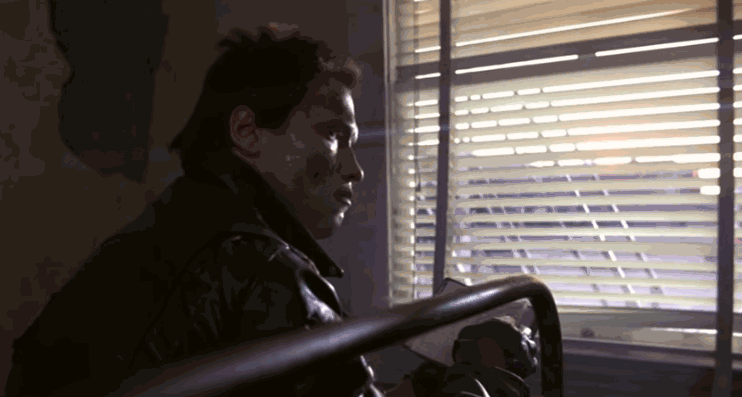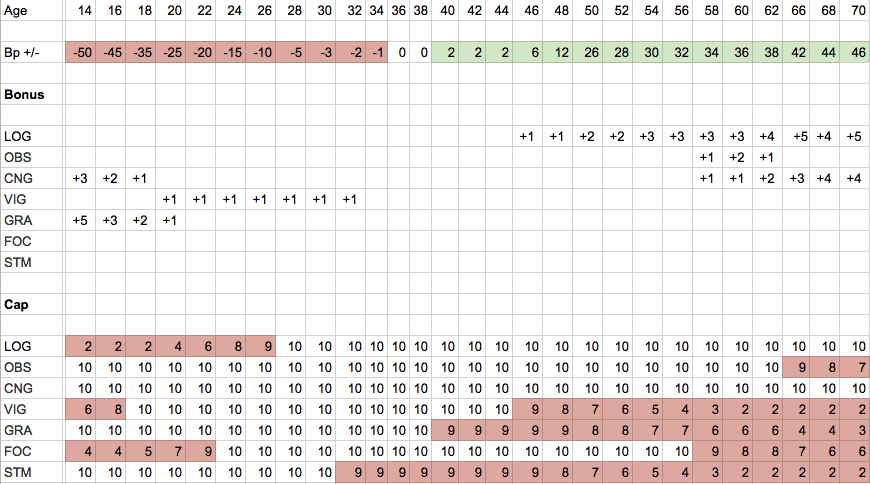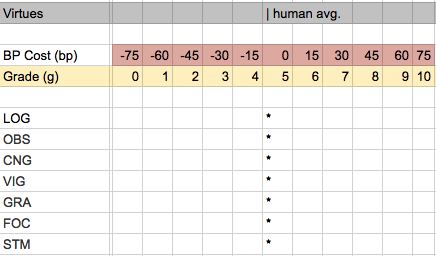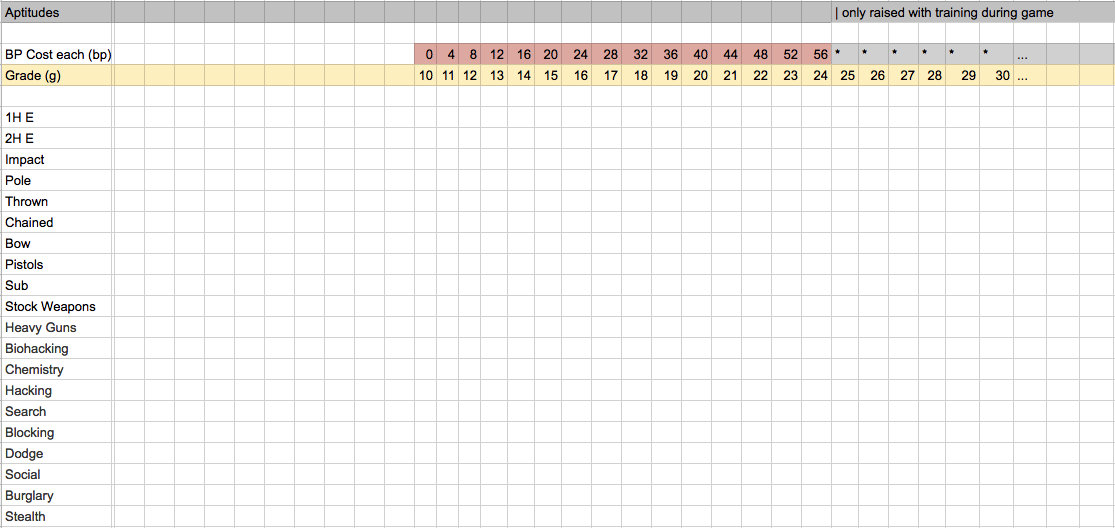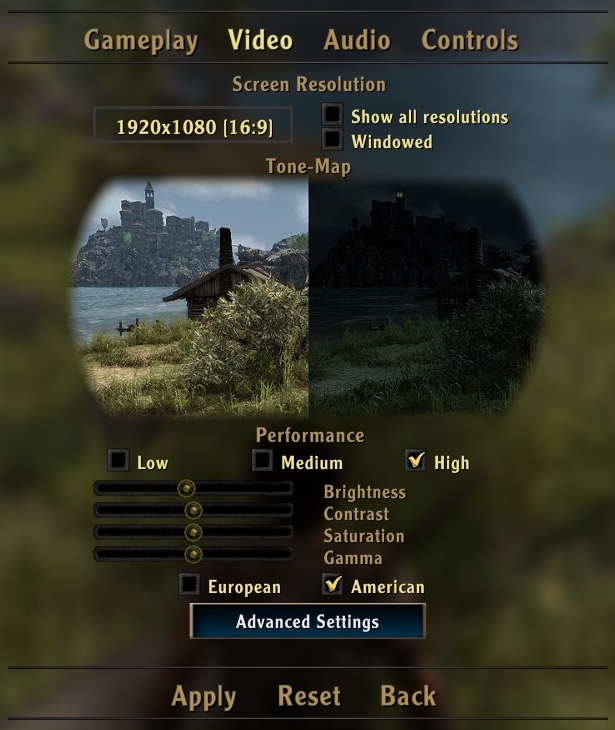How you socialize
There are two different ways to socialize, through social actions and through tag-based dialogue. Here’s a quick run down of the difference:
Social actions are where you can utilize this skill during gameplay. Just like various types of actions you can do with a weapon, various social action buttons let you roll to tell NPCs to do things, which you can optionally add a bribe (Cunning) or threaten (Vigor) modifier to, which raises the stakes of a failed roll to hostile.
Most of these are simple actions that can be taken in general contexts — the player can role-play in their head whatever their character said, the context isn’t important, the result is. Successfully rolling a [Go Home] has the NPC leave the map with a generally random quip based on their job “Oh, yeah, maybe I left the oven on”, or “yeah, maybe I’ll take the night off”. [Follow me], [Go There], [Stay casual] are some others implemented, with obvious results, the later telling an alarmed NPC or civilian to settle down and ignore you, which they’d then go back to whatever they were doing instead of running to get help.
Tag-based dialogue, or a dialogue event, is a conversation between you and an NPC, and is reserved for characters and companions who have something to say that is worth saying.
Dialogue events are dictated by certain character-backgrounds they’ve selected (or not selected), current story, and faction influence, while Social actions are influenced by your Social skill and your disposition scores (more on that below).
Hovering over an NPC lets you see your roll and modifiers for it. If you’re holding a weapon, this would be your weapon’s skill and environmental modifiers, but if you’re using a social action, it will be a roll under of your social skill and all the disposition influences. This will let you determine who you might be able to boss around before you actually dive into it. NPCs dispositions are based on a lot of randomized factors for variety and also their allegiances or occupation.
These scores make up your character’s personality, like a ranger’s favored enemy, or a Mouse Guard-like goal, or an alignment, except the game commits to it for you. Your character’s practical goal is simple: escape Calitana. How they do that and who they can gain favor with is determined by what type of person they choose.
This will both narrow your effectiveness of who you’ll be able to successfully roll Social actions for (if you are using the Social skill) and who you can gain favor with during dialogues with forked conversations and tags depending on certain backgrounds. You may want to stray from that during the game, but your character will wear those traits on their sleeve.
So for example: If you are a Ci-War draft dodger, veterans will always have less to relate to with you and you’ll get a negative social modifier with them for Social action rolls. In dialogues they won’t be as forthcoming with help or rewards. If they are a potential companion NPC they won’t give you the option of having them join you, or may charge you instead of just joining you for brothers-in-arms sake. There is a granular level to dispositions and backgrounds, influencing action rolls for social as well as more boolean ones in dialogue events.
Growing as a person and/or cyborg monster
Throughout the game you can get permanent adv/dis like status effects, fame or infamy with certain groups, as well as less and less human limbs for shiny robot ones. You and your dispositions and social standing with people can change throughout the game, so while the Arms Guild representatives may not like you for some reason when you start out, having more of their equipment soldered onto your body and doing them favors will get you in their graces later. Alternatively, picking up diseases or ailments may push other groups away.
Character creation
You set your character’s disposition when you create your character, so let’s walk this back to character creation to get the full picture of how your social, dispositions, and personality come to be. Character creation is a hefty system, we still haven’t figured out the best way to display a massive amount of characters stats that all influence each other in a cohesive menu while still just copying the Fallout 1 layout.
Character creation is going to be added into the alpha test soon after we release it, we haven’t really concerned ourselves with balancing advantage/disadvantage background points yet and thought it would be quicker to get that rolling with the help of early testers.
Since the start of working on Copper Dreams we developed combat and gameplay simulations to have a lot of effectors on the granular level. This gave opportunity to having lots of varieties of ailments to influence anything from broken bone snot allowing you to hold two handed weapons to how long you cough for when running through smoke. Additionally this also let us make character creation have a crazy amount of attributes.
Designing your character for this ruleset has 6 categories. Players can distribute background points into Virtues, Aptitudes, Advantages, and Disadvantages (to gain more BP), and choose a growth kit and age to filter what’s available in all those. It’s a lot going on, but we’re hoping to get a layout of it where you can see it all and see changes all at once and make it a little more simple.
For a number to keep in mind when looking at tables below, characters are generally supposed to start with around 100 Background Points depending on Growth Kit chosen, and then have that number reduced or added to from age and then distributed from there.
Growth kits
Growth kits grant you your initial amount of Background Points to distribute.
In Copper Dreams, instead of races (as you’ll see in the Serpent expansion) or ethnicities (all ethnicities are equally worthless to the overlords running the government), your character’s story actually starts with your parents. There are 5 growth kits to choose from. Babies are grown with medical enhancements in this setting, effectively removing most all volatile diseases and conditions that are hereditary or could be picked up in the world.
Most test-tube babies and any medical enhancements are financed by major syndicates, making up one dynamite health-care package. These packages net you more Virtues in various areas depending on the syndicate in question, but less background points to eventually choose from as you’ve grown up in a safer environment with less reliance on developing survival skills.
If parents aren’t fortunate enough to be employed by one of the major syndicates, they can utilize social services and grow a Government-Issued baby. GI-babies come with baseline benefits to make sure citizens of societies can’t spread or pick up diseases, but, in time with over-population, began to be used for economic gain by some companies. These now include less savory additives from government sponsored entities, from cigarette addiction genes, to only having the taste for certain foods.
Worse yet is if you are a natural baby — your parents couldn’t look to the government for help, being outcasts or too rural, or have the money to buy medical packages form a syndicate. You have none of the benefits or resistances of test tube babies, may contract diseases or ailments unique to only your type of human in the game, but your life of struggle nets you more background-point experience.
Age
Your character’s age dictates minimum and maximum Virtue points for your character, as well as additive or negative Background Points. Everyone is also prejudiced about age, so whatever of the three brackets you choose will also net you negative/positive disposition modifiers for other brackets.
Virtues
Virtues dictate all actions and information that isn’t the skill roll itself. These are modifiers from recovery ticks that range from shooting a weapon, speeds while running or crawling, to your lung capacity.
Skills
Skill are what you have actions to do on your dock at the bottom of the screen. Some of these are always available and some need items, but any action you choose to do with them you roll 3d8 under your skill number to succeed, modified by any applicable added challenges or benefits you might have. They are the core of everything. While you can max out a grade in character creation (potentially, something that may be changed) you have the benefit of raising the grade over 24. Mastery like that allows characters to attempt to take shots in impossible situations and still hit their target, or block something coming toward them against all odds. Rolls that have -10 or worse in modifiers become possible.
Advantages and Disadvantages
We’ve talked about these before and listed some in a previous update, but will list some of the ones we’ve added. Advantages and Disadvantages are chosen, and Gained properties are automatically added based on character generation choices you’ve made.
This is technically a post about the Social skill, although we’ve devolved into the breadth of character generation, so it would be amiss of us to fail to mention empathy. Empathy, either earnestly or through practicality, allows you to reduce negative dispositions. So if you’ve taken backgrounds or adv/dis that have made you very surly with certain types of people you can spend points to recover those, which you may want to do if you plan on making a social build.
Advantages:
Pain Threshold
Empathy
Gutsy
Sharp Eyesight
Animal Empathy
Mutant Empathy
CiWar2000: Sixth Sense
CiWar2000: Detection
CiWar2000: Bullet Counting
CiWar2000: Pack Mule
CiWar2000: Lookout
CiWar2000: No Survivors
CiWar2000: Infiltrator
Stone Skin
Charming
Quick Shot
Disadvantages:
Deaf
Poor Sight
Racist
Smoker Lungs
Temper
Sexist
Coward
Overconfidence
Belief in Higher Power
Honorable
Phobia: Claustrophobia
Phobia: Sharp Objects
Phobia: Interiors
Phobia: Exteriors
Phobia: Wildlife
Scrawny
Fat
Flat Footed
Ugly
Speech Issues
One Eye (Right)
One Eye (Left)
Gained:
Bulky
Young
Old
Female
Male
PTSD
Draft Dodger
Rural
City
Illiterate
CiWar Veteran
Disposition
And finally, back to disposition. Backgrounds will be a bit more profound and provide adv/dis, and will be what builds your character’s personal goals. This is what branches dialogues and potential story forks in the game for you, and what might give you extra tags to pursue with certain people. Everything else falls to the domain of what we can use for dispositions. For instance what we are working with right now, which we’ll be adding to later, are:
- Age (Old)
- Age (Adult)
- Age (Young)
- Sex
- Weight
- Scrawney
- Burly
- Strong (Vigor check)
- Intelligent (Logic check)
- Attractive
- Ugly
- Ci-war vet
- Poor
- Wealthy
- Faith
So each of these will show up in your character sheet in a disposition graph, and list the output modifier, your character’s prejudice towards other NPCs with these attributes. These will range from neutral with no modifier, down to -10 to +10. When rolling for Social actions you’ll be able to see the modifiers of your character and the NPC in question before you fire it off, just like shooting and seeing environmental hazards. So the more volume the larger range of modifier options for the Social skill and the more groups we can clump NPCs in organically. These are definitely things to keep in mind during character creation if you’ll want to be using the social skill, otherwise characters will be fine being a sociopath.
Tabletop inspiration
The Character creation system is fun to play with, largely because gameplay has such a wide amount of options to try out. It’s a system built like a tabletop game, meant for you to re-roll after death and try something wildly new or take on something wacky for a change. We expect players to test the waters of the campaign before jumping in and sticking with a build to see what play styles they’ll want to stick with.
During the alpha we’ll put all these tables and all the rolls in the ruleset page of the game and in a wiki on this site, so they can be viewed more easily and torn apart in full context.
We’re planning on that Kickstarter update soon where we can show off social rolls and the dialogue so you can see this in action before you start playtesting. Definitely looking for early feedback on this, as it’s a new way of doing things and will ultimately end up being the product of how fun it is to use and play.





























